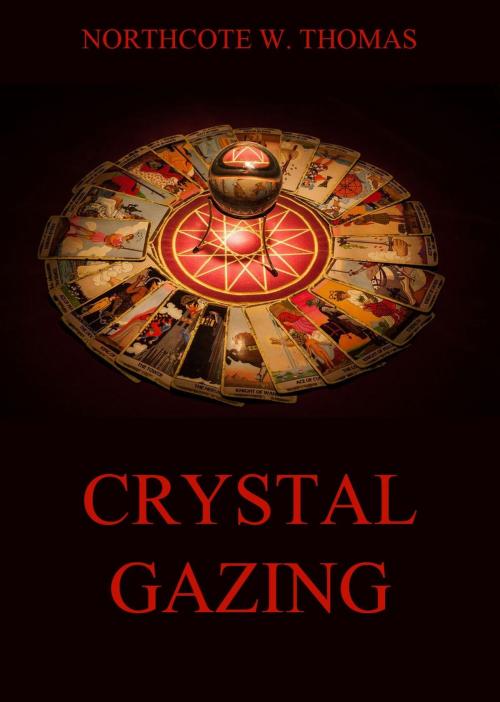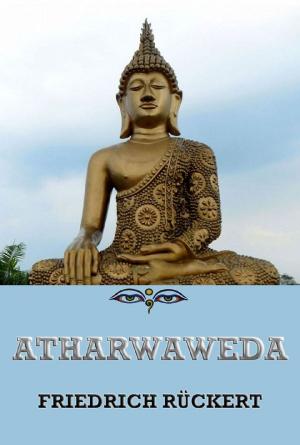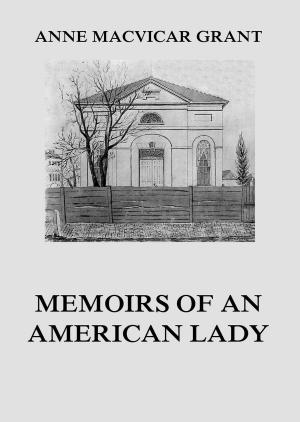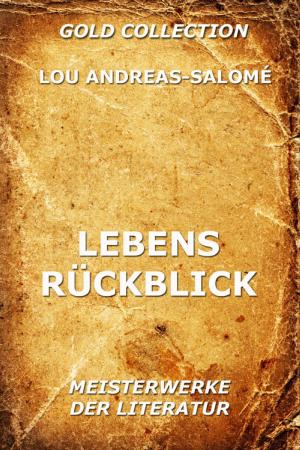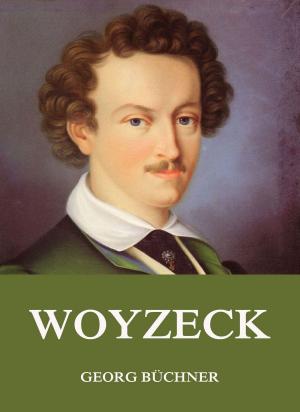| Author: | Northcote W. Thomas | ISBN: | 9783849641870 |
| Publisher: | Jazzybee Verlag | Publication: | December 10, 2013 |
| Imprint: | Language: | English |
| Author: | Northcote W. Thomas |
| ISBN: | 9783849641870 |
| Publisher: | Jazzybee Verlag |
| Publication: | December 10, 2013 |
| Imprint: | |
| Language: | English |
In this useful little book some interesting details are given as to the method and history of crystal gazing. The author thinks the injunctions to be found in the Laws of Manu and elsewhere, not to look into deep water, are meant to suggest its dangers. He has collected a large amount of material from many different countries, and from ancient, mediaeval and modern times—material which might be made extremely useful if some person of genius could be found to pursue the task of organization and explanation. The subject is surrounded with difficulties, and perhaps it is just as well that we do not understand the meaning and object of some of the incantations given, although they are quaint and interesting from a historical point of view. Perhaps it would simplify matters if we realized that crystals, ink, etc., are means which enable some clairvoyants to see, who would not otherwise be able to do so, just as some people cannot see without spectacles of a particular kind. Spectacles cannot give sight to the blind, but they can enable some people to use their sight who would imagine themselves to be blind if they had never had the opportunity of using spectacles. They can also help some people who see already to see more clearly. Certainly it is very important that the knowledge should spread in the world that there is such a thing as clairvoyant sight, for there are no doubt many persons still who are unaware that it exists. Mr. Thomas himself is apparently not yet convinced that there is such a thing, for he tells us in Thought Transference, p. 43, that the evidence for its existence is very slight. He treats crystal gazing as a subject in itself, not necessarily connected with other forms of clairvoyance, and he wishes to collect well authenticated material in regard to it.
In this useful little book some interesting details are given as to the method and history of crystal gazing. The author thinks the injunctions to be found in the Laws of Manu and elsewhere, not to look into deep water, are meant to suggest its dangers. He has collected a large amount of material from many different countries, and from ancient, mediaeval and modern times—material which might be made extremely useful if some person of genius could be found to pursue the task of organization and explanation. The subject is surrounded with difficulties, and perhaps it is just as well that we do not understand the meaning and object of some of the incantations given, although they are quaint and interesting from a historical point of view. Perhaps it would simplify matters if we realized that crystals, ink, etc., are means which enable some clairvoyants to see, who would not otherwise be able to do so, just as some people cannot see without spectacles of a particular kind. Spectacles cannot give sight to the blind, but they can enable some people to use their sight who would imagine themselves to be blind if they had never had the opportunity of using spectacles. They can also help some people who see already to see more clearly. Certainly it is very important that the knowledge should spread in the world that there is such a thing as clairvoyant sight, for there are no doubt many persons still who are unaware that it exists. Mr. Thomas himself is apparently not yet convinced that there is such a thing, for he tells us in Thought Transference, p. 43, that the evidence for its existence is very slight. He treats crystal gazing as a subject in itself, not necessarily connected with other forms of clairvoyance, and he wishes to collect well authenticated material in regard to it.
